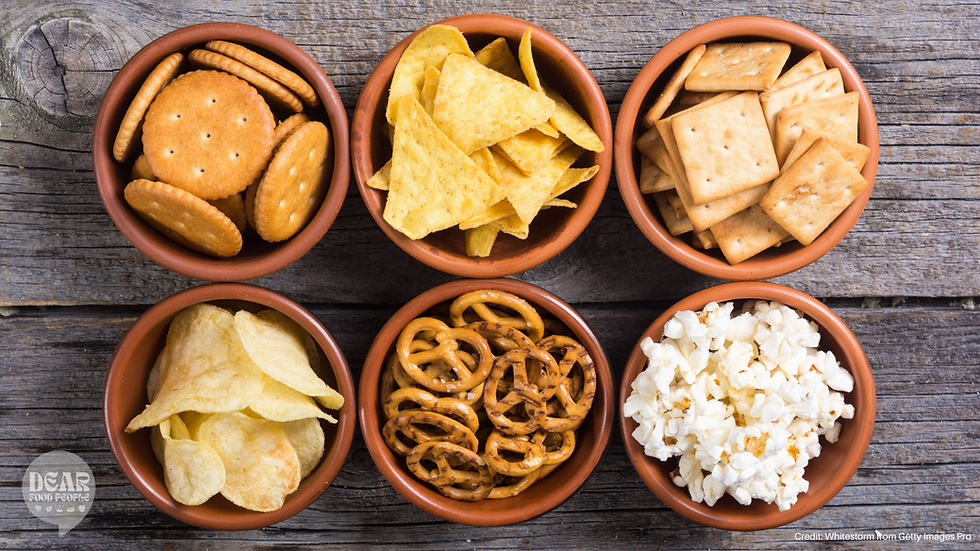Drinking Your Calories
- Rayki Goh, MSc

- Aug 13, 2025
- 3 min read

Dear food people,
Proper nutrition is the foundation of a sustainable lifestyle and the key to lasting good health. As both a science and an art, mastering nutrition allows you to achieve natural weight loss with minimal effort.
In this series of articles, we explore vital health and nutrition facts that are commonly overlooked in modern times, offering practical insights to help you effortlessly improve your well-being. Our goal is to help you understand how nutrition works and how to incorporate simple health hacks for a better lifestyle.
As the old saying goes, you are what you eat.
Now, let’s get to it~
DRINKING YOUR CALORIES
When we talk about how drinks like smoothies, fancy coffees, and other beverages can influence our calorie intake, it’s crucial to understand how these liquid calories can accumulate. Many people don’t realise just how easily these drinks can contribute to their daily calorie count without making them feel full.
Let's start with a basic fact: beverages often contain a high number of calories but don’t provide the same satiety as solid foods. For instance, a typical smoothie can have between 200 to 500 calories, depending on its ingredients. Despite being a liquid, it’s packed with sugars and fats that quickly add up. In comparison, you might eat a meal with the same calorie count, but that meal would likely include a variety of foods that take longer to digest and provide lasting fullness.
Consider a regular latte, which can contain around 200 calories, primarily from milk and added sugars. If you have one latte in the morning and another in the afternoon, that’s an extra 400 calories on top of your regular meals. These calories can contribute to weight gain if they aren’t accounted for in your daily intake.
To manage these liquid calories, it’s helpful to be mindful of what you’re drinking. Opting for water or unsweetened beverages like herbal teas can significantly reduce your calorie intake without sacrificing hydration. Water, for instance, has no calories and is essential for overall health. Unsweetened tea or coffee, while still containing caffeine, won’t add extra calories if you’re careful not to add sugar or cream.
The key is to balance your diet by recognising the calorie content in drinks and making adjustments as needed. This doesn’t mean you have to give up your favourite beverages entirely, but being aware of their caloric impact can help you make more informed choices. By choosing lower-calorie options or reducing the frequency of high-calorie drinks, you can manage your overall calorie intake more effectively.
3 Simple Health Hacks for a Better Lifestyle:
Choose Water Over Sugary Drinks: One of the simplest changes you can make is to swap sugary beverages for water. Not only does water keep you hydrated without any added calories, but it also helps to curb hunger by promoting a feeling of fullness. Try carrying a water bottle with you and aim to drink throughout the day to reduce your reliance on high-calorie drinks like sodas, lattes, or smoothies.
Be Mindful of Your Coffee Add-ins: While your morning coffee might seem harmless, it’s easy for calories to sneak in when you add sugar, cream, or flavoured syrups. Instead, try to enjoy your coffee black, or if you prefer a bit of flavour, opt for a splash of low-fat milk or a sugar-free alternative. By making this small change, you can significantly cut down on unnecessary calories without sacrificing your daily caffeine fix.
Opt for Smaller Portions: If you enjoy smoothies or other calorie-dense drinks, consider reducing the portion size. A smaller serving can still satisfy your craving without adding as many calories as possible to your daily intake. Alternatively, try making your own smoothies at home where you can control the ingredients, using more fruits and vegetables and less sugar or fat-rich additions.
The information provided in our articles is for educational and entertainment purposes only. It is not intended as a substitute for professional medical advice, diagnosis, or treatment. Always seek the advice of your physician or another qualified healthcare provider with any questions you may have regarding a medical condition. The content on our website, including articles, is not meant to endorse or promote any specific medical treatments, products, or procedures. The information provided is based on general knowledge and research at the time of writing. Medical practices and knowledge are constantly evolving, and what may have been accurate at the time of publication may not be current or applicable today.



